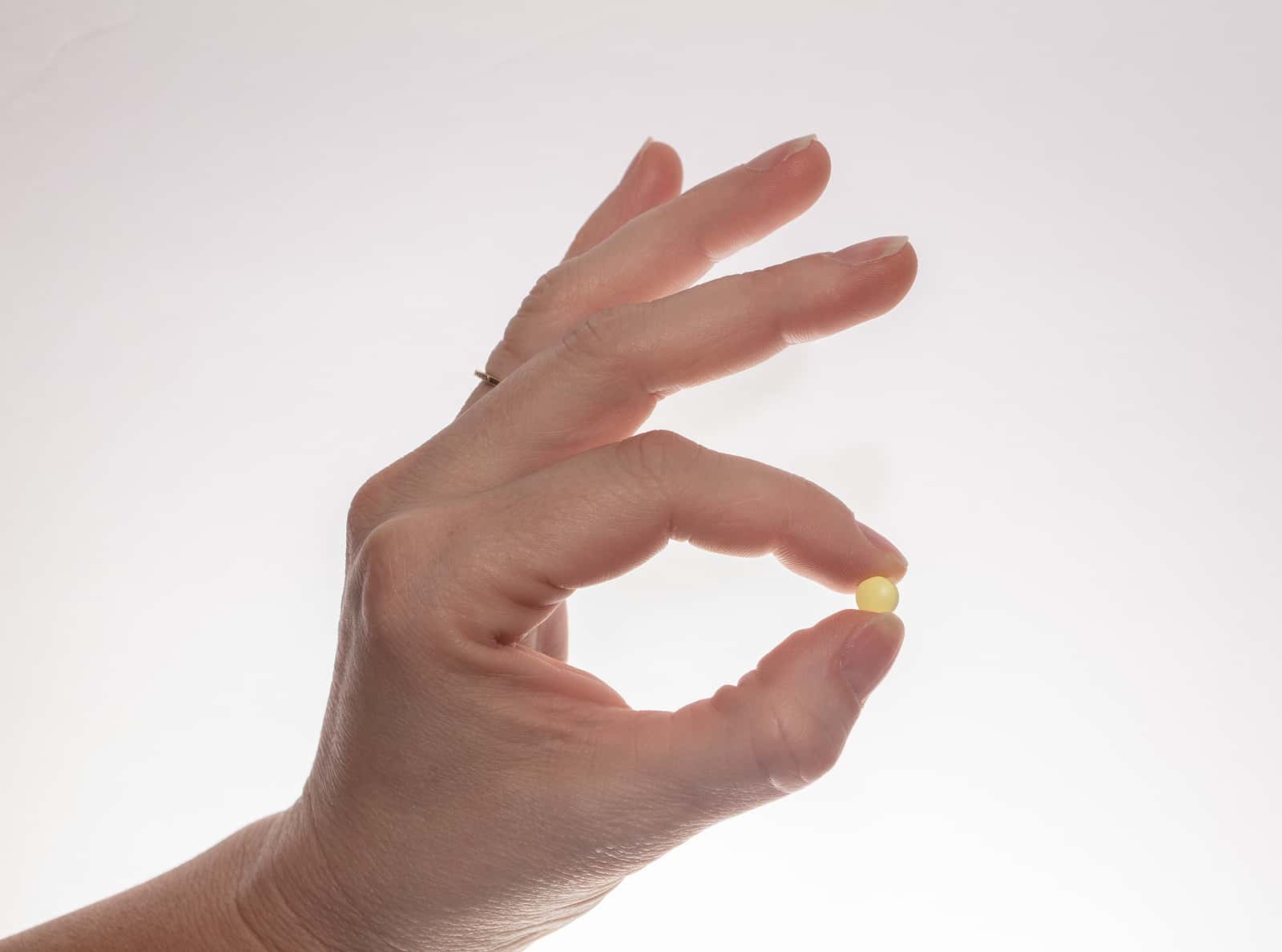
At the end of the 20th century, or even just a decade ago, aspirin was not a controversial drug. Physicians acknowledged its power to ease pain and lower fever. Many recommended that their patients take a low dose daily to prevent heart disease. Over the last several years, however, research has shown that healthy people may experience more harm than good if they take aspirin for prevention. The question remains, however: should you take baby aspirin for a heart attack? Here’s how one reader phrased it.
Does Baby Aspirin for a Heart Attack Make Sense?
Q. My doctor told me to stop taking baby aspirin daily to prevent heart disease. Years ago, I heard a recommendation to take aspirin while waiting for the ambulance if you felt you were having a heart attack or stroke. Is that still legitimate advice?
A. Anyone who suspects he or she is having a heart attack should call 911 immediately. Although there is controversy about aspirin as a daily preventive measure, the advice to chew an aspirin tablet while awaiting the ambulance still seems valid (Western Journal of Emergency Medicine, Dec. 2015; Emergency Medicine Journal, Nov. 2015). At that point, with emergency help on the way, the benefit of counteracting a blood clot blocking an artery is far greater than the possibility of dangerous bleeding. Data from two large prospective trials showed that people who took baby aspirin for a heart attack were more likely to survive (European Heart Journal. Acute Cardiovascular Care, Sep. 2016).
Strokes Are Different from Heart Attacks:
Anyone who suspects a stroke, however, should avoid taking aspirin. In such a situation, it could make a bleeding stroke worse. Emergency physicians will determine the type of stroke before deciding on the appropriate treatment. A person who experiences a stroke caused by a blood clot in a blood vessel leading to the brain might be advised afterwards to take low-dose aspirin to prevent a recurrence. The evidence on that is still evolving, however, and the doctor may prescribe something different for secondary stroke prevention.

